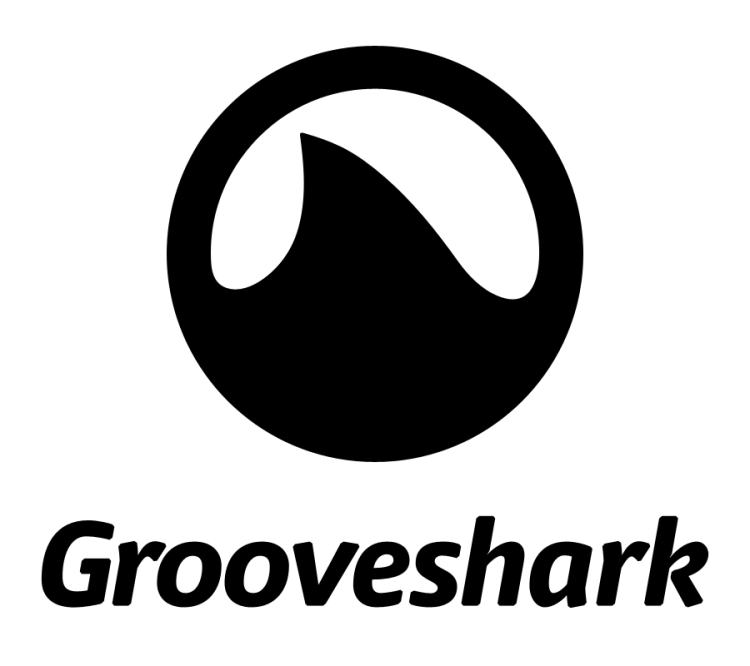Spotify chief executive Daniel Ek today lashed out at Taylor Swift for breaking up with music streaming. In his long diatribe, he unnecessarily dragged music streaming service Grooveshark into the mix by suggesting it’s used for piracy.
That’s quite ironic, given Ek’s own involvement with uTorrent. Before its acquisition by BitTorrent, the company behind the torrent client had plenty of its own piracy accusations to deal with.
For reference, here’s an excerpt of the CEO’s exact words:
You can’t look at Spotify in isolation — even though Taylor can pull her music off Spotify (where we license and pay for every song we’ve ever played), her songs are all over services and sites like YouTube and Soundcloud, where people can listen all they want for free. To say nothing of the fans who will just turn back to pirate services like Grooveshark.
Ek could have chosen any number of piracy services to list instead. In fact, he mentions The Pirate Bay in the next sentence, so he’s clearly well aware of what sites are used for pirating music content.
Most major services for stealing digital content also offer media that can be shared legitimately. Grooveshark is a competitor to Spotify, not The Pirate Bay, and Ek knows this. Of course, he’s also very well aware of Grooveshark’s various troubles, including a recent legal blow in federal court. It helps Spotify if the Grooveshark name becomes synonymous with “pirate site.”
James A. Pearson, EVP Corporate Communications at Grooveshark, gave VentureBeat the following statement to counter this view:
We would normally never comment on a competitive service and their dust-up with one of the world’s most popular artists. But as Spotify’s CEO — who it’s worth mentioning is the recent CEO of uTorrent — an app used by over 100M people, which had similar perception issues — called Grooveshark ‘a pirate service’ in his blog response to Taylor Swift today, we had to comment on that element.
Copyright laws are complex, and many companies that are now household names in the space such as YouTube, Pandora, and SiriusXM have had to defend themselves at one point or another, just as has Grooveshark. Had Mr. Ek any actual factual information about our business model he would know Grooveshark currently has active licenses with thousands of music labels, publishers, and rights holders, as well as tens of thousands of individual artists. We respect musicians and work to create new ways to get their music heard by a worldwide audience — that’s the driving force behind our existence.
Let’s do a quick fact check for the claim that Daniel Ek was once the CEO of uTorrent. The linked article points to a screenshot of his Wikipedia page, which has since been edited to remove all mentions of uTorrent. On CrunchBase, however, Ek is still listed in the “Past Team” section.
We reached out to BitTorrent, which confirmed that both Daniel Ek and Ludvig Strigeus (currently employed as a software engineer at Spotify) were with uTorrent before Spotify. The tidbit also comes up in a recent Financial Times profile of Ek saying he “briefly became uTorrent’s chief executive while Strigeus began to build Spotify.” Bloomberg more directly states: “In 2006, Ek became CEO of uTorrent.”
Regardless of his exact role, Ek did work at uTorrent. Say what you will about his response today, but dragging Grooveshark into the mix was not only excessive, it was a poor decision given his own career history.


